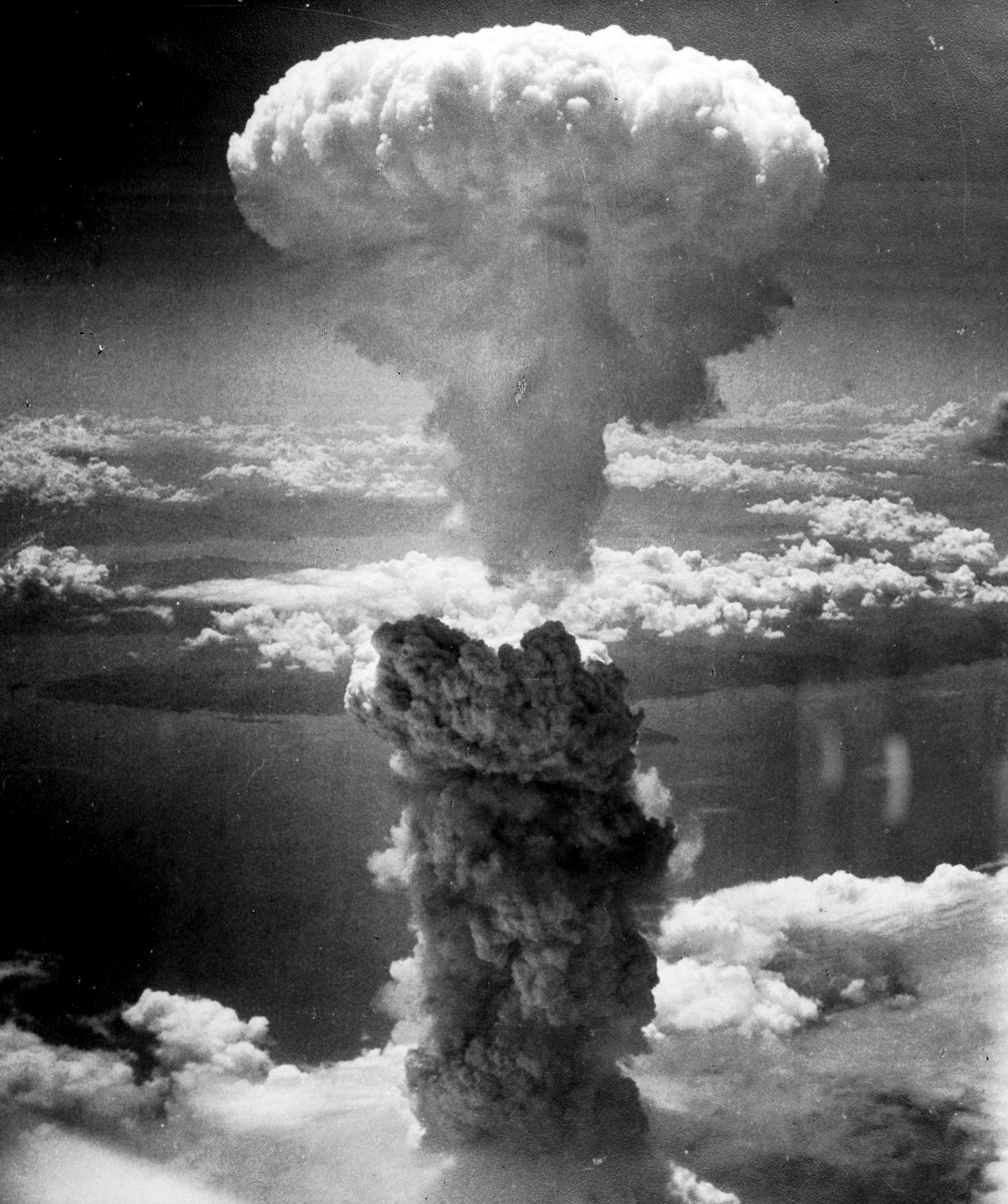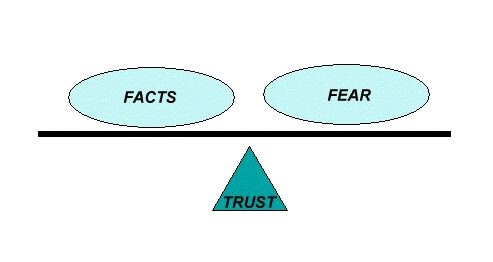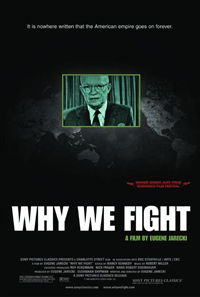Tuesday, January 10, 2006
DENIAL


Denial is a psychological defense mechanism in which a person faced with a fact that is uncomfortable or painful to accept rejects it instead, insisting that it is not true despite what may be overwhelming evidence. The subject may deny the reality of the unpleasant fact altogether (simple denial), admit the fact but deny its seriousness (minimisation) or admit both the fact and seriousness but deny responsibility (transference). The concept of denial is particularly important to the study of addiction.
The theory of denial was first researched seriously by Anna Freud. She classified denial as a mechanism of the immature mind, because it conflicts with the ability to learn from and cope with reality. Where denial occurs in mature minds, it is most often associated with death and dying. More recent research has significantly expanded the scope and utility of the concept. Elisabeth Kübler-Ross used denial as the first of five stages in the psychology of a dying patient, and the idea has been extended to include the reactions of survivors to news of a death. Thus, when parents are informed of the death of a child, their first reaction is often of the form, "No! You must have the wrong house, you can't mean our child!"
Unlike some other defense mechanisms postulated by psychoanalytic theory (for instance, repression), the general existence of denial is fairly easy to verify, even for non-specialists. On the other hand, denial is one of the most controversial defense mechanisms, since it can be easily used to create unfalsifiable theories: anything the subject says or does that appears to disprove the interpreter's theory is explained, not as evidence that the interpreter's theory is wrong, but as the subject's being "in denial".(link)
------------------------------------------------------------------
The weapons used in 1945 were tiny compared to most of the approximately 30,000 nuclear weapons that exist today. A single modern weapon, exploded either intentionally or accidentally over a large city, is capable of slaughtering millions. If a larger number of weapons are exploded in warfare, the overall consequences will include not only short- and medium-term medical injuries but also severe environmental effects, disruption of transportation and delivery of food, fuel, and basic medical supplies, and possible famine and mass starvation on a global level.
The effects of a nuclear explosion are so devastating that many people today are in denial about the continued threat. And a succession of arms control agreements and the end of the Cold War have combined to create a popular myth that the threat of nuclear war has ended.(link)
1. Anna Freud
2. Defence mechanism
3. Life and Work of Anna Freud
4. Nuclear Denial
5. Psychological Factors Influencing People’s Reactions to Risk
6. Risk perception
- Structure of The Mind
The Structure of Personality:
The id is a reservoir of unconscious energy that includes the basic desires, and impulses with which all people are born.
The id seeks immediate gratification and operates on the pleasure principle, which guides people toward whatever feels good.
As significant others place more restrictions on direct expression of id impulses, the ego evolves from the id.
The ego operates according to the reality principle, making compromises between the unreasonable demands of the id , the practical constraints of the real world & the unreasonable demands of the superego
The superego develops as children internalize, parental and societal values into the personality.
The conscience is the part of the superego that contains the rules and the "that's a NO NO" the things people believe are wrong.
The ego ideal is the part of the superego containing an image of what you ideally can be and how you ideally ought to behave.
The superego operates on the morality principle, and violating its rules results in guilt.(link)
- Defense Mechanisms(link)


Denial is a psychological defense mechanism in which a person faced with a fact that is uncomfortable or painful to accept rejects it instead, insisting that it is not true despite what may be overwhelming evidence. The subject may deny the reality of the unpleasant fact altogether (simple denial), admit the fact but deny its seriousness (minimisation) or admit both the fact and seriousness but deny responsibility (transference). The concept of denial is particularly important to the study of addiction.
The theory of denial was first researched seriously by Anna Freud. She classified denial as a mechanism of the immature mind, because it conflicts with the ability to learn from and cope with reality. Where denial occurs in mature minds, it is most often associated with death and dying. More recent research has significantly expanded the scope and utility of the concept. Elisabeth Kübler-Ross used denial as the first of five stages in the psychology of a dying patient, and the idea has been extended to include the reactions of survivors to news of a death. Thus, when parents are informed of the death of a child, their first reaction is often of the form, "No! You must have the wrong house, you can't mean our child!"
Unlike some other defense mechanisms postulated by psychoanalytic theory (for instance, repression), the general existence of denial is fairly easy to verify, even for non-specialists. On the other hand, denial is one of the most controversial defense mechanisms, since it can be easily used to create unfalsifiable theories: anything the subject says or does that appears to disprove the interpreter's theory is explained, not as evidence that the interpreter's theory is wrong, but as the subject's being "in denial".
------------------------------------------------------------------
The weapons used in 1945 were tiny compared to most of the approximately 30,000 nuclear weapons that exist today. A single modern weapon, exploded either intentionally or accidentally over a large city, is capable of slaughtering millions. If a larger number of weapons are exploded in warfare, the overall consequences will include not only short- and medium-term medical injuries but also severe environmental effects, disruption of transportation and delivery of food, fuel, and basic medical supplies, and possible famine and mass starvation on a global level.
The effects of a nuclear explosion are so devastating that many people today are in denial about the continued threat. And a succession of arms control agreements and the end of the Cold War have combined to create a popular myth that the threat of nuclear war has ended.
LINKS
IMAGES (from top):
- Structure of The Mind
The Structure of Personality:
The id is a reservoir of unconscious energy that includes the basic desires, and impulses with which all people are born.
The id seeks immediate gratification and operates on the pleasure principle, which guides people toward whatever feels good.
As significant others place more restrictions on direct expression of id impulses, the ego evolves from the id.
The ego operates according to the reality principle, making compromises between the unreasonable demands of the id , the practical constraints of the real world & the unreasonable demands of the superego
The superego develops as children internalize, parental and societal values into the personality.
The conscience is the part of the superego that contains the rules and the "that's a NO NO" the things people believe are wrong.
The ego ideal is the part of the superego containing an image of what you ideally can be and how you ideally ought to behave.
The superego operates on the morality principle, and violating its rules results in guilt.
- Defense Mechanisms














































